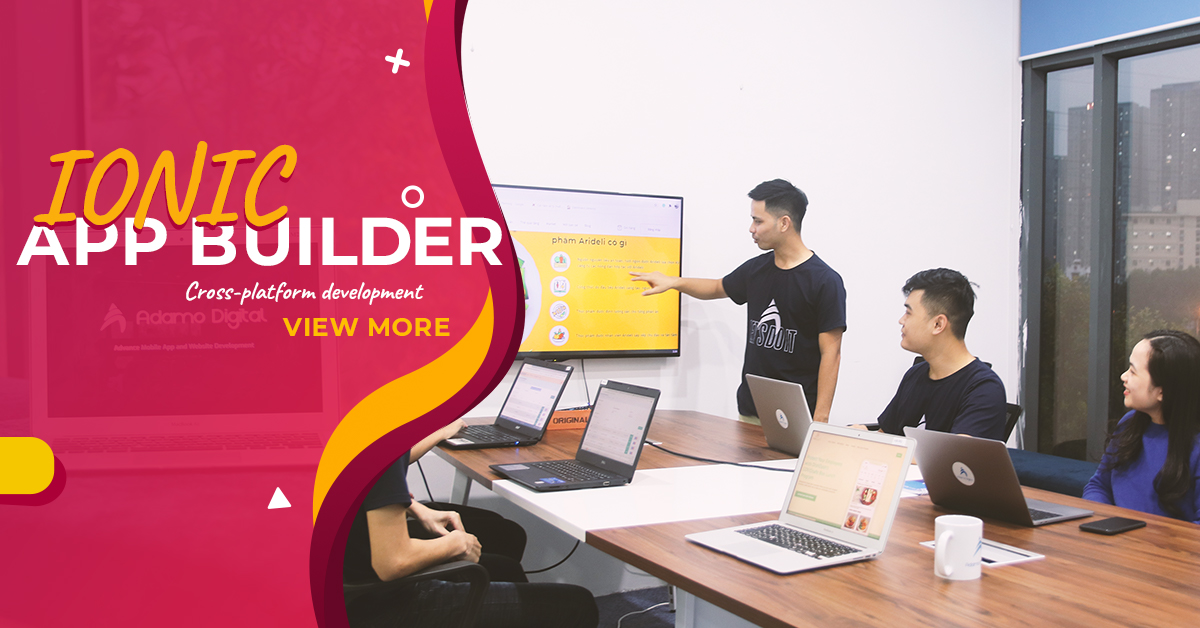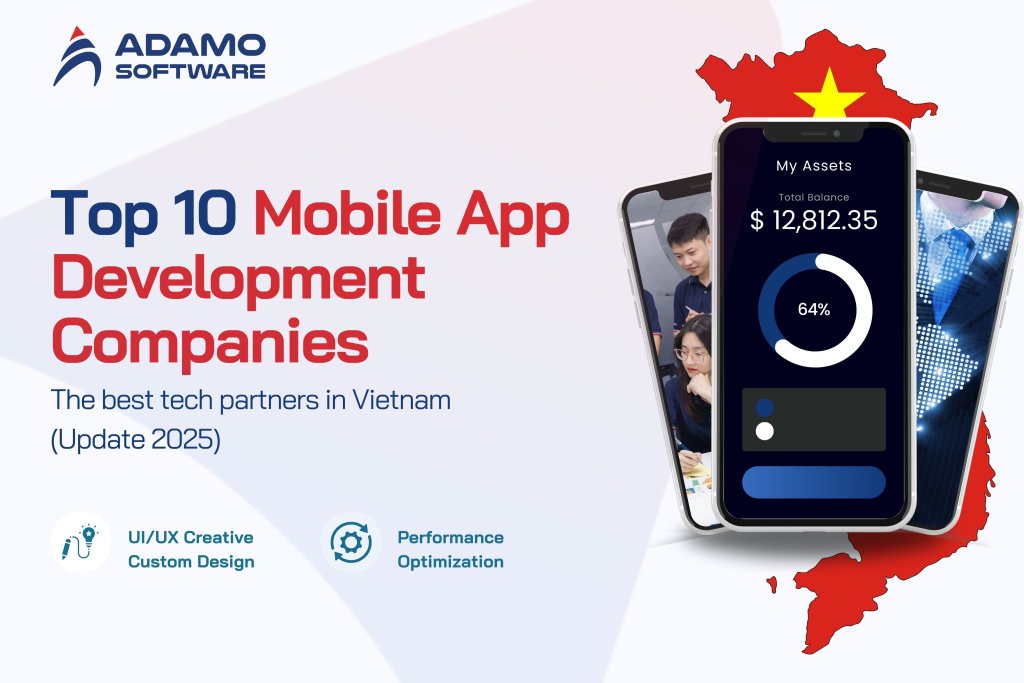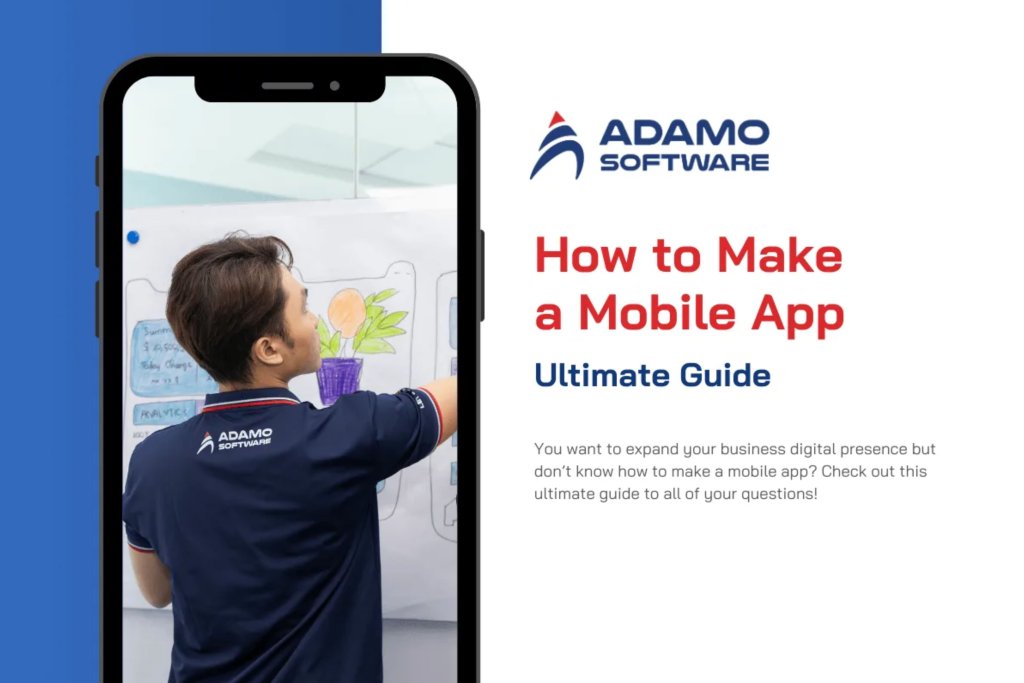Ionic app builder and how it works with the cross-platform mobile development

For considering mobile app development for both iOS and Android at the same time, using the Ionic app builder is believed as a fitting platform for cross-platform apps.
While native mobile app development commonly leverages Jave, Kotlin, Swift, or Object C, cross-platform apps have their own options with Xamarin, React Native, and Ionic. Xamarin and React Native allow app developers to exchange the source code across the platform. In return, those platforms require specific native developers to hand over several tasks, which induces more cost to clients.
Alternatively, ionic app builders also help you with cross-platform apps using a single code base for both operating systems. Accordingly, it provides a cost advantage and system optimization. In turn, Ionic builders do not enjoy only benefits but also challenges. It is still existing cases that you should consider other options.
Ionic app builder in cross-platform app development
Generally, Ionic builders allow dedicated developers to exchange code among web applications and mobile apps. Accordingly, it is believed to cut down the development time and optimize the whole process for both developers and clients. As one of the hybrid app development frameworks, the Ionic app builder has initially built from 2013, which could be functioned as some parts of the JavaScript ecosystem
In practice, the Ionic app builder is commonly used for both mobile and web app development. Accordingly, there are three increments that the client could enjoy with ionic mobile app builder:
_ Using only one codebase for every platform: the advanced user interface in Ionic builders allows the app to function well across systems.
_ High level of customization for user interface and user experience UI/UX design: Ionic builders provide available added features accelerating the design process.
_ Constant support: real-time notifications from the Ionic dashboard allow developers to could timely fix any bug on time.
Dynamic Ionic framework kits for ionic app builder
Obviously, Ionic app builders are a sophisticated framework that comes in many forms. Accordingly, we generate here 4 common kits from Envato, which could be useful for every cross-platform app development.
Full ionic app builder with Barebone Ionic
With Barebone, you can select from several architecture options and features to attract to the app. Barebone requires users with a typical background in coding to use that you can develop parts of a feature separately. Accordingly, for those who have a part of the apps, they can leverage Barebone Ionic to add missing features to the available one.
Universal app with IMABuilderRz
The IMBBuilderRZ kit is commonly applied to skilled developers that it requires a background in coding, including HTML, CSS, PHP, and more. Different from other, IMBBuilderRZ does not allow simple drag and drop. In turn, it allows you the interface to generate an Ionic compatible code. Accordingly, it is commonly used to create complex backends and applications.
Also read: What is backend for mobile apps? Do we need mobile app backend?
Framework app by Ionic
Ionic Framework app specified the app with some functionality beyond the typical themes. Ionic framework works with the long list of screen variations you can handily attract on the UI. Ionic framework app supports multi-language apps and dozens of integrations, which are seemingly adequate to make the app work smoothly.
Full template by Ionic
For clients considering cross-platform apps with a constrained period of time, they would consider building the app skeleton based on templates. It does not mean that you could get stuck in a limited in-built template that you could handily custom the standard available. The ionic full template allows a series of integrations and tools on the screen that developers only need some simple command to create even complex projects.
Cross-platform mobile app development with the Ionic app builder
Obviously, for developing hybrid or cross-platform apps, you could have several options, including React Native, Flutter, and Cordova. In fact, there is some reason that makes Ionic app builder stand out.

Codebase unification in cross-platform apps
Using the same code for the web app and hybrid app, the Ionic app builder would help you to eliminate the cost for separated native developers. The ionic framework has given simplicity for exchange with Angular and Apache. Obviously, developing an app that would be launched in several operating systems leads to a higher possibility of success that maximizes the chances to attract users.
Many experts believed that Ionic come up with a series of benefits related to a single codebase:
| Cost reduction | Reduce code maintenance and developers hiring |
| Development time cutting | Make it faster to launch in the market |
| Ease of maintenance | Easy debugging tools |
| Ease of exchange between the web app and mobile app | Allow app launching on multi-platforms. |
Ease of learning technologies: ionic app builders
An investigation of Stack Overflow has done by frontend developers proposed that there were abundant Ionic developers in the market. Accordingly, clients suffered limited difficulties from the effort of hiring the dedicated development team.
Also, according to the majority of mobile app developers across the world, they found Ionic is a friendly tool to learn. In which, they need a shorter time in making up their skills and starting with Ionic app builders. For web frontend developers, plugins supporting UI elements and other functionalities such as Cordova or Capacitor would assist in the development process without sophisticated techniques.

Diverse selections of integrations and plugins
The Ionic app builder supports a mass series of integration options, including comprehensive tools associated with a series of functionalities. In which using the Ionic framework gives developers a hand to access several payment gateways, annalistic systems, cybersecurity support, Quality assurance, and testing management.
Alternatively, for hardware connection, the Ionic app builder also provides plugins, which are compatible with many models. However, for using plugin options, the Ionic framework has charged a fee for accessing. A long list of plugins can also be found via the Cordova list that plugins are sorted by platform. Whereby, you can find supported plugins for Android, iOS, Windows, macOS, and Browser as well.
Testing and Quality assurances
Quality assurances seemingly become widespread for each software development company that presents the professionals and level of those providers. Accordingly, app developers currently have an incentive to leverage frameworks that strongly support testing. In which, Ionic app builder refers to be such a framework. It allows testing the app right in the web browser that no additional devices are required for testing.
Moreover, you can set up debugging tools and built-in testing tolls simultaneously in browsers, which ensure the smooth testing and bug fixing process.
A persuasive community of Ionic app developers
As mentioned below, you can handily find an Ionic developer elsewhere since this framework is seemingly popular. From time to time, it also formed a potent community that provides accessibility and available resources. By which, developers could cut down the development time. Currently, reports claimed that the Ionic community reaches roundly 5 million with tones of the available topic that you can steadily find the answers for your issues.





